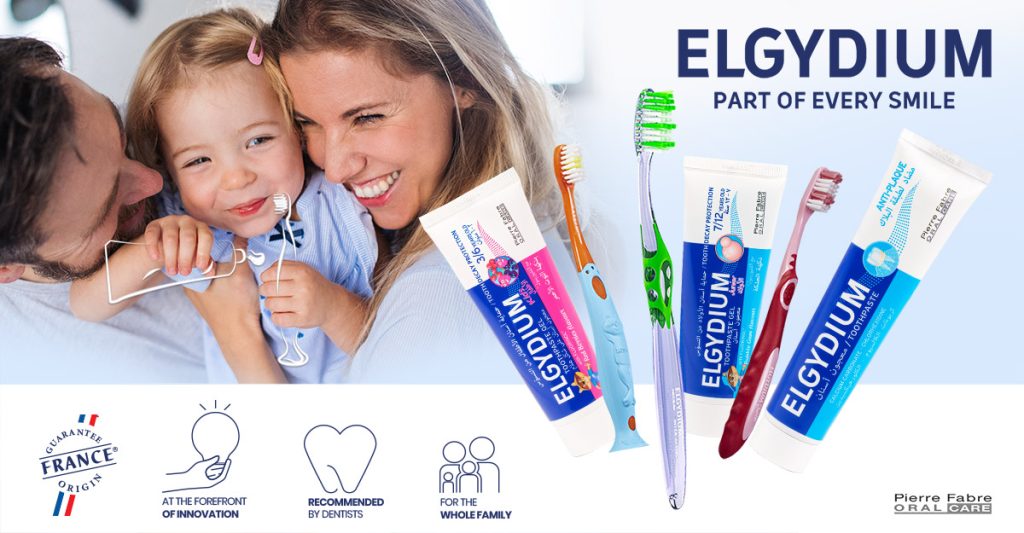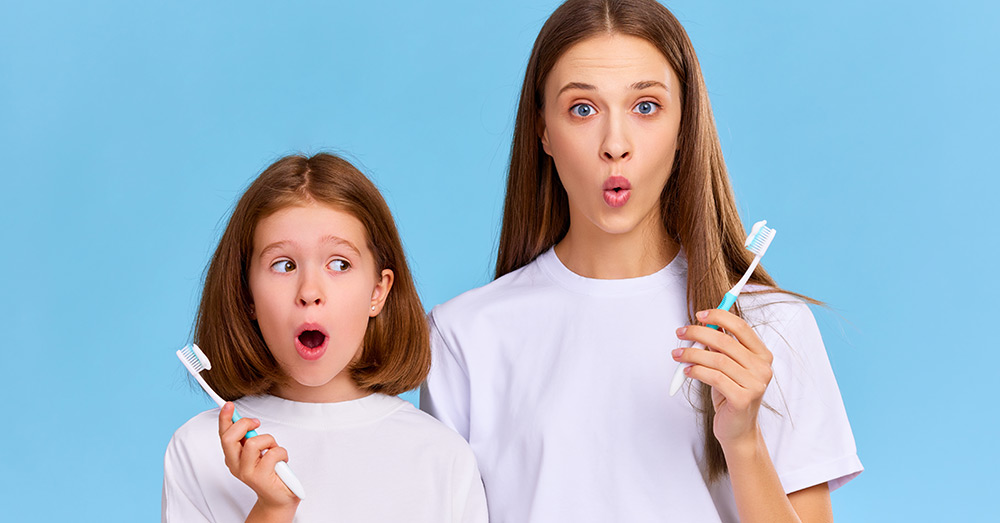In this article, we continue our Q&A with Dr. Ziad Sijari. (Clik here to check part 1). We will discuss the impact of dental health on overall health, as well as kids’ and women’s oral hygiene.
Q: At What Age Should My Child First See a Dentist?
A: It is usually best recommended for children to see a dentist by age 1 or within six months after the first tooth erupts. Note that primary teeth typically begin coming up at around 6 months of age.
Q: When do baby teeth typically fall out?
A: A child’s baby teeth (primary teeth) typically begin to loosen and fall out to make room for permanent teeth at around 6 years old. However, sometimes this can be delayed by as much as a year.
Q: What is the impact of oral contraceptives on women’s periodontal health and the subgingival occurrence of aggressive periodontopathogens?
A: Oral contraceptives (OCs) enhance periodontal breakdown by reducing the resistance to dental plaque and can induce gingival enlargement in otherwise healthy females, The long-term use of OC may cause clinical attachment loss (CAL), increased gingival inflammation, and gingival enlargement.
Q: Should my child wear a mouthguard during contact sports?
A: Properly-fitted custom mouthguards have been shown to reduce orofacial injuries at all age levels of contact sports. Health organizations recommend the use of mouthguards as a deterrent to dental injuries at all ages in contact with collision sports.
Q: What causes poor oral hygiene?
A: The number one reason is the patient’s failure to maintain good oral hygiene habits, such as regular brushing and flossing of teeth to remove plaque and tartar from the teeth. Another reason can be some foods (sugars and acidic foods) and habits (such as smoking), that can also result in poor oral hygiene and dental diseases.
Q: How is oral health linked to overall health?
A: The oral cavity may serve as a source for early detection of other medical concerns. For example, lesions in the mouth may be the first indication of HIV infection and may be used to determine the staging and progression of AIDS. In addition, saliva may be used to detect and measure medications, hormones, environmental toxins, and antibodies and thereby might serve to replace invasive blood testing for the monitoring of chronic disease.
For effective oral care products, we recommend the Elgydium products, available on THIS LINK.




